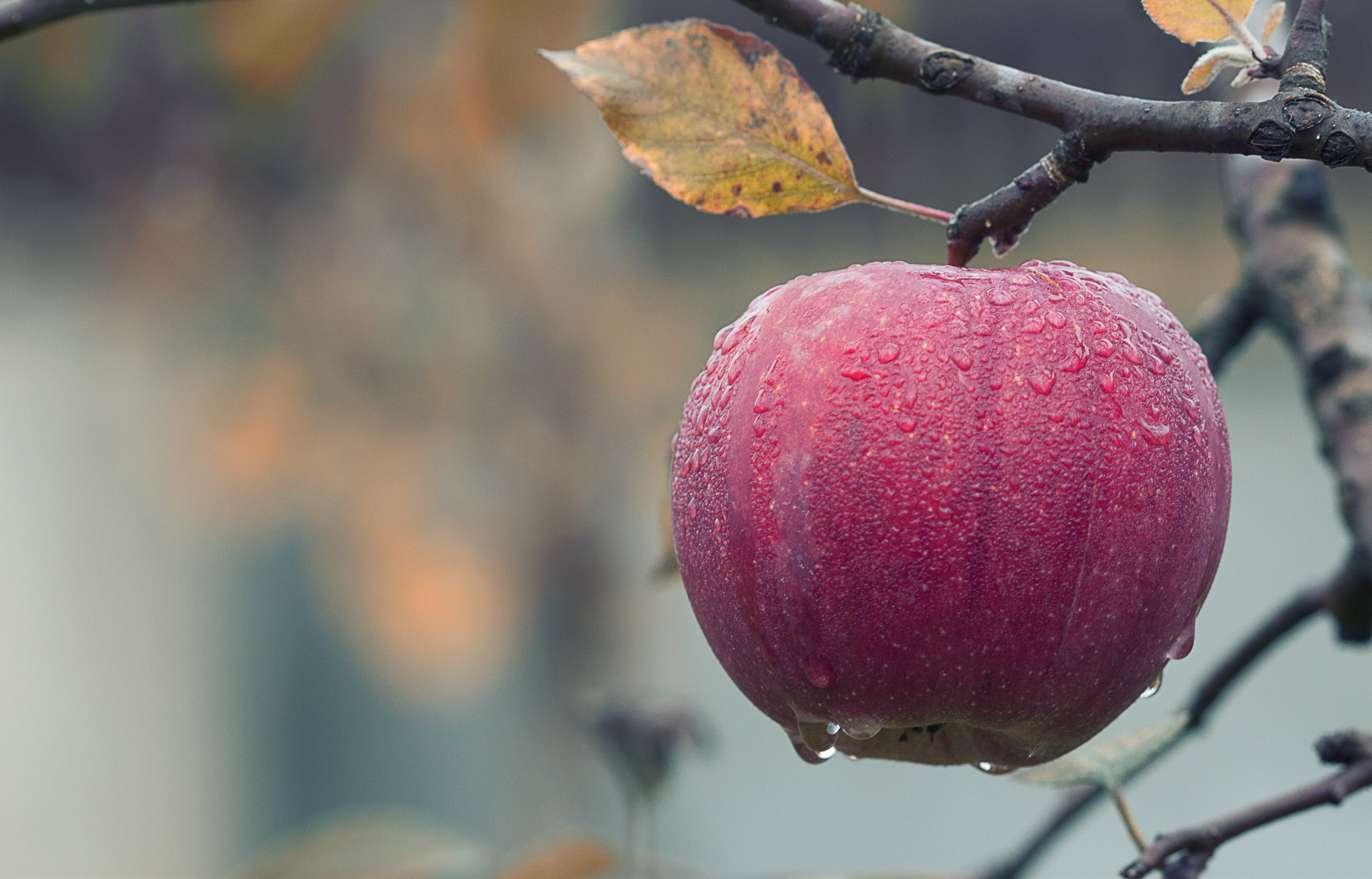The Jewish High-Holy days begin next week. If you’re not Jewish you might have heard of these festivals, but how much do you actually know about what these festivals signify, and what do Jews do on them? We asked some of our Jewish co-chairs to share with us their personal experience of these important Jewish festivals. Here, Caroline Boobis, our North-East Nisa-Nashim co-chair, tells us about the first of the three, Rosh Hashana, Jewish New Year.
“When I was a child at cheder (Jewish Sunday-school) our Rabbi, a terrifying old man with a long grey beard, piercing dark eyes and a heavy German accent, taught us that the festival of Rosh Hashana (‘Head of the Year’ or Day of Judgement) was the time when G-d would judge us. If we’d been good all year we would be inscribed into the Book of Life (‘Sefer Hachayim’), but if we’d been bad we might not make it. And if we’d been only so-so then we still had one more chance to become better people, in the ten days between Rosh Hashana and Yom Kippur (Day of Atonement). To be assured of a place in the Book of Life we must do three things: ‘Teshuva’ – doing things right, the way G-d wanted; ‘Tefillah’ – praying to G-d; ‘Tzedakah’ – charitable deeds. Of course to be a good person we’re meant to do all these things all year round, but there’s a certain urgency in the weeks leading up to Rosh Hashana for observant Jews who adhere strictly to these teachings.
And as if to really emphasise the need to improve ourselves and become better people, at Rosh Hashana we should hear the blowing of the shofar (ram’s horn). The shofar is blown by the rabbi or leader of the service many times on each of the two days of Rosh Hashana (but not on Shabbat), and the haunting sound of a ram’s horn echoing around the synagogue seems to reach back to the time when the Jewish people received the Torah at Mount Sinai, and a shofar was blown then. It still gives me goosebumps even though I’ve heard it every year since I was a child.
Of course no Jewish festival would be worthy of the name without its very own culinary traditions and for me Rosh Hashana tops the lot. Marking the Jewish New Year date of 1st Tishri Rosh Hashana usually falls some time in September, so summer days are receding and autumn is just around the corner. For Ashkenazi Jews (of Eastern European descent) this means lots of traditional filling food, and in our family we always feast on tsimmes (slow-cooked carrot with dumpling), lamb, gefilte fish, honey cakes, apples dipped in honey (for a sweet New Year), and enormous round challos (traditional bread) to symbolise the circular year. Pomegranates have always featured heavily in our family too, although every year we argue over the reason; is it so that our good deeds will multiply like the seeds, or because it is said that the seeds represent the 613 commandments in the Torah? But no-one can give us a satisfactory answer!
As per usual in traditional families it’s mostly the women who are busy cooking and baking in the days and weeks leading up to Rosh Hashana (in our household it’s my husband’s job to polish the silver candlesticks and wine cups), as this is a time to invite relatives, especially those on their own, to celebrate the New Year together. A few years ago we’d also be laboriously writing out New Year cards to send to family and friends, but now there’s cheesy e-cards like this one: http://www.doozycards.com/lshana-tovah.
And now that my children are older with homes of their own the cooking is often a combined effort; one daughter has perfected the tsimmes and the other makes wonderful honey cake. Even my husband contributes his fantastic festive challos, so really all that’s left for me to make is the gefilte fish (chopped, then boiled or fried in balls). And when everyone has arrived for Erev Rosh Hashana (the evening before, as all festivals start at sunset) dressed up and bearing gifts of fruit or sweetmeats, the women and girls will light the candles and then we all sing the blessings for wine, bread, and apple slices dipped in honey. Then the feasting, laughter and conversation commences and doesn’t really stop for the entire two days, because although at its heart it has a solemn, sombre purpose, Rosh Hashana is also a joyous celebration – of the cycle of life, of making it through another year, and of family.
And of course we’ll take time out to go to synagogue to hear the shofar and pray that we’ll be inscribed in the Book of Life for another year. But secretly we also know that we have another 10 days grace before our fate is finally sealed on Yom Kippur (which is another story…).”

